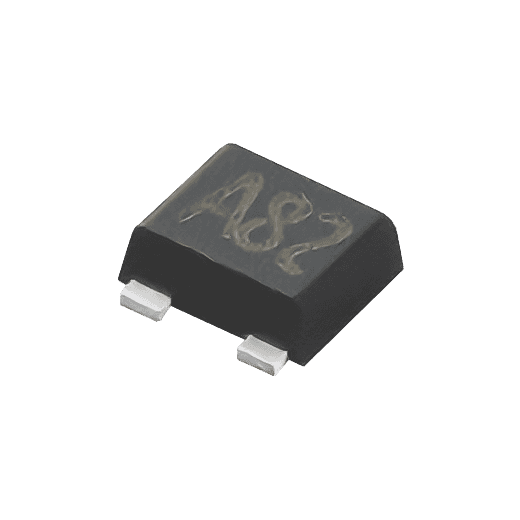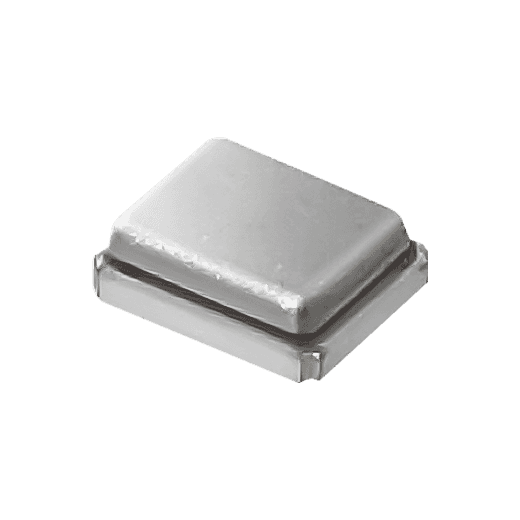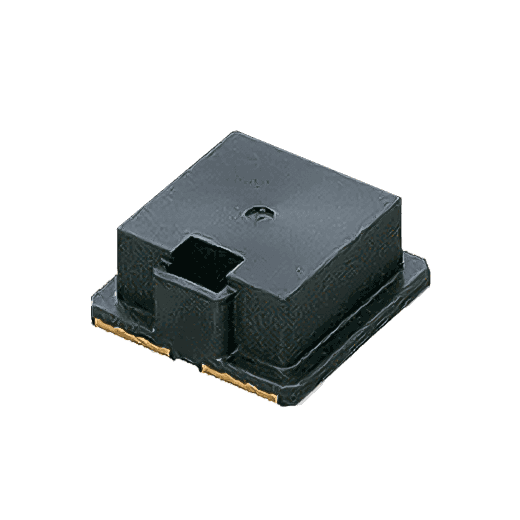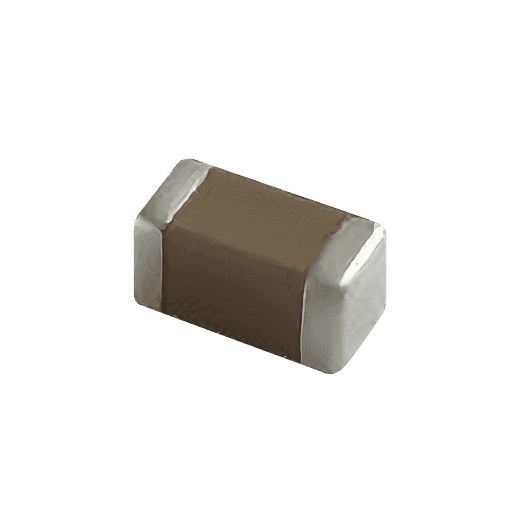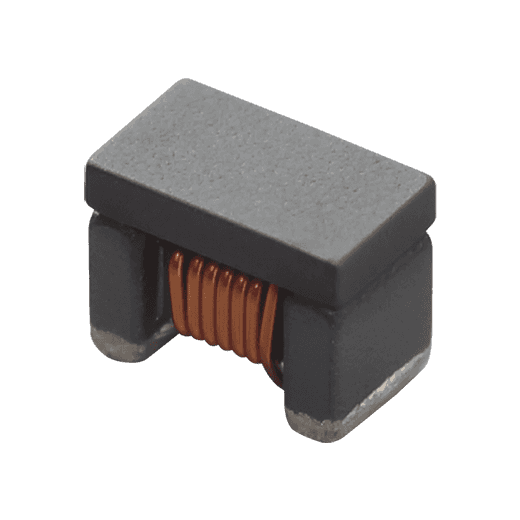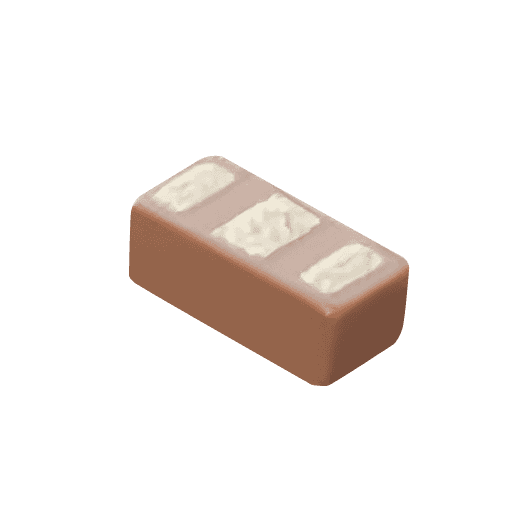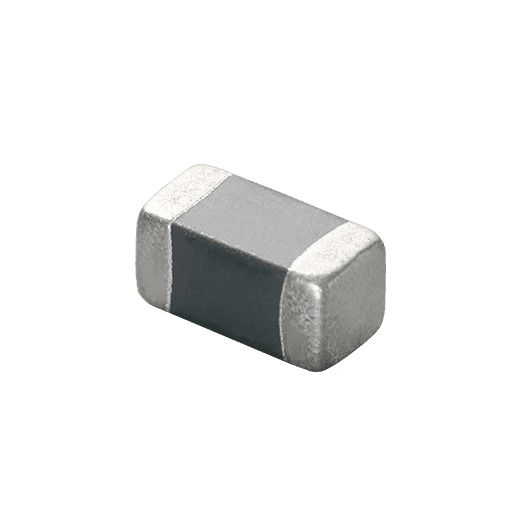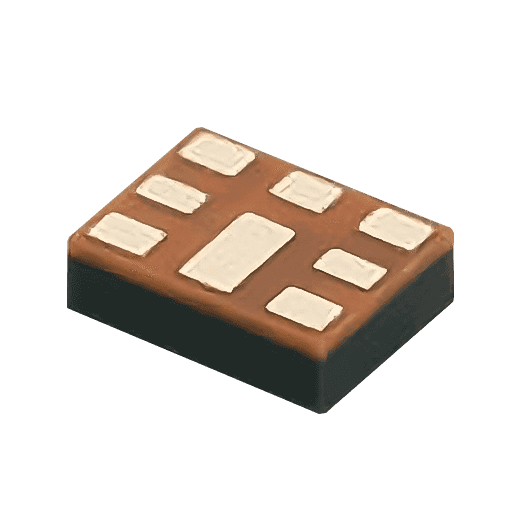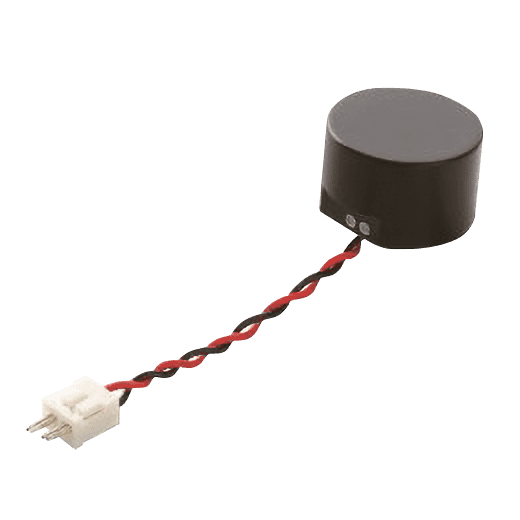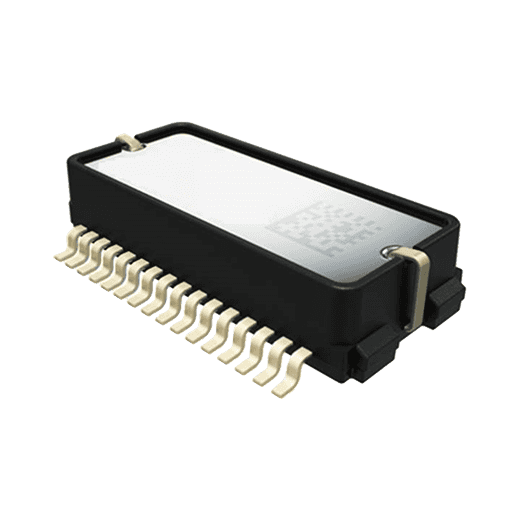A guard who always
watches the
temperature.
Temperature Sensors
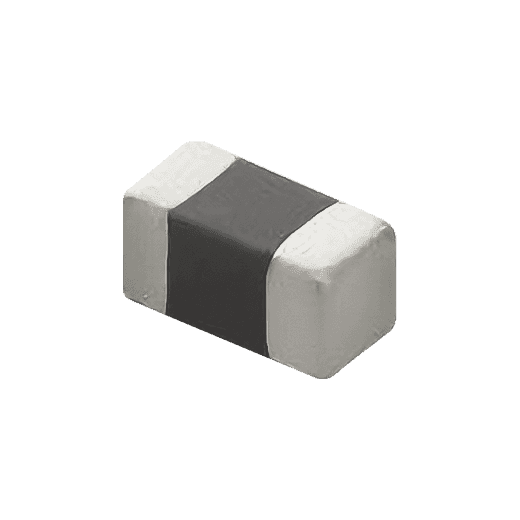
LIBRARY
#06
Profile
- I check and let you know if the temperature gets hot or cold.
- Temperature sensors are also called “thermistors” sometimes.
The Power of Temperature Sensors
Letting you know if it gets hot or cold.
Machines stop working when they get too hot or cold.
Temperature sensors measure the temperature outside and inside the machine and report them to you, so that you can use the machine safely and in the right way.
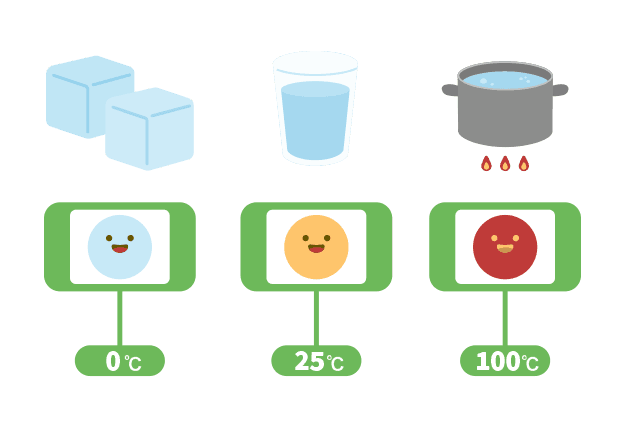
The Secret of the Power of Temperature Sensors
The electric current tells us the temperature!
The amount of electric current that can go through a temperature sensor changes with its temperature.
More can go through at higher temperatures, and less at lower temperatures.
That means that we can see it’s “hot” when more electric current is flowing.
And we can also tell it’s cold when less electric current is flowing!
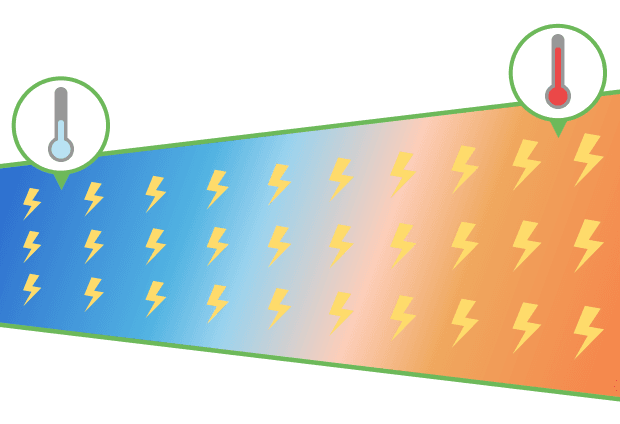
Friends of Temperature Sensors
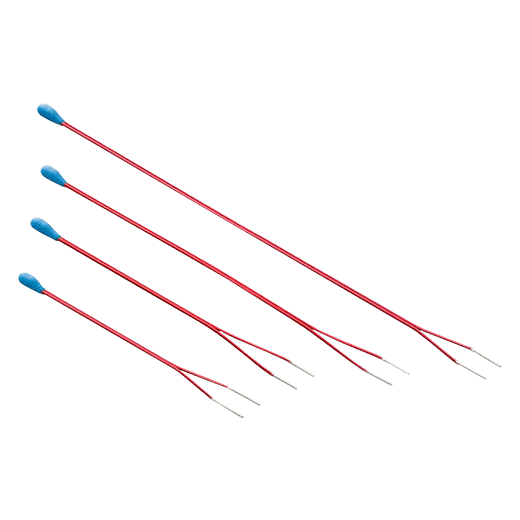
Many sizes and ways of measuring
We call small electronic parts “chip types” and large ones used in construction “lead types.”
Lead-type temperature sensors look nice because they have long legs.
There are even temperature sensors that keep circuits safe by stopping the electric current when it gets hot.
Trivia
What are the units?
For example, a circuit might not let much electricity through at 10 Ω when it’s cold, but it could let more through at 1 Ω when it gets hot.
QUESTION
They have powers to change the room, making it hotter or colder.
Find the Temperature Sensor!




